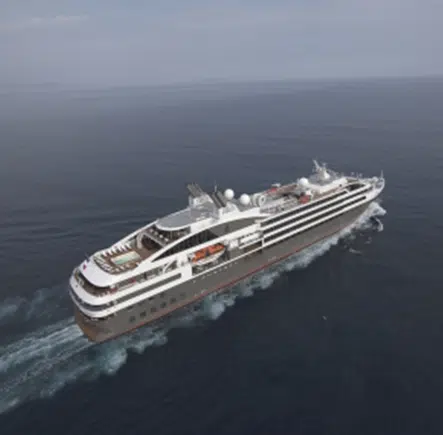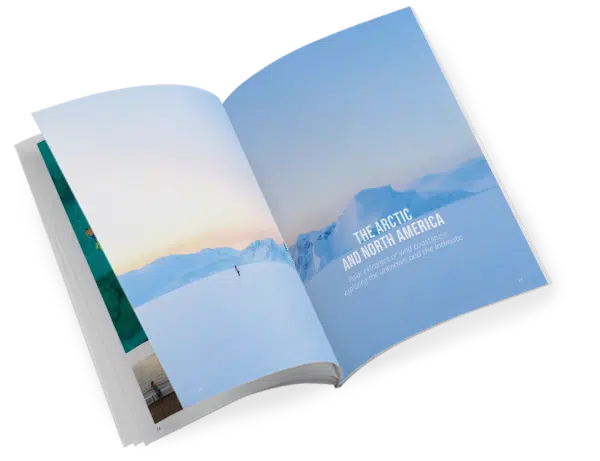Committed to protecting the planet…
Given the risks that human activities pose for the environment, the preservation of ecosystems has been a major issue for a long time. This is especially true today as climate change is accelerating the disruption of many habitats. Conservation International is working to identify the areas threatened by pollution, rising sea levels and deforestation to provide concrete solutions in the field. Here is an interview with Herbert Lust, the organisation’s spokesperson.
How would you describe Conservation International in a nutshell?
Conservation International is a non-profit organisation that aims to preserve biodiversity, wherever it is threatened, in order to ensure a sustainable future for our planet and all of its inhabitants. Our vision is simple: every citizen can and must be involved in protecting nature. To do so, we must all realise its value and importance in our lives. Our future depends on it.
How are you implementing this vision?
Conservation International currently employs over 800 people to carry out projects in the field. We are particularly active in the tropical areas of Africa, Asia-Pacific and Latin America. In each of these areas, we carry out targeted actions with local partners, organisations that are able to weave the projects into the regional fabric. These partners are the vital link in our skill- and knowledge-building efforts. And it is working!
Can you tell us a bit about the projects launched with the PONANT Foundation?
This collaboration is brand new. The PONANT Foundation and Conservation International are joining forces to work on several projects, the first of which focuses on humpback whale conservation in Antarctica: the idea is to develop a better understanding of their song because of its significance for their feeding behaviour. We are also going to work together on coral reef conservation in New Caledonia. We have a great synergy as the PONANT Foundation makes its resources available to us, in particular, its fleet of ships.
Why did you choose the PONANT Foundation to carry out these projects?
We looked for a partner who is passionate about the oceans and interested in a long-term relationship. We also wanted to work with a European organisation to facilitate the circulation of information: if you are in Europe, the Pacific zone sounds far away, but we are all affected by what is happening all around the world. The Foundation will help nurture this global awareness.
Conservation International mainly carries out actions at a local level. Is that enough to change our global future?
Progress needs to be made at different levels simultaneously. Local projects have concrete results which are extremely beneficial. But legislation also has to improve on an international scale.
Are you optimistic about our planet’s future?
Yes. Because I can see that people are becoming increasingly concerned about the environment. I have two young children who are already making responsible choices as consumers. We need to do more – much more – but positive changes are being brought about in all the key issues: climate change, waste, biodiversity, water, food, etc. We also recognise that all these issues are linked, for example, much of the air that we breathe comes from the Amazon rainforest, and therefore we have to preserve the ‘lungs of the Earth’.
You regularly ask celebrities to express their support for the environment.
Yes, last year we started a video campaign in several languages in which stars – including Harrison Ford, for example – lend their voice to nature. The public always responds well to initiatives involving their favourite actor. But the idea is that the planet is the real star.
Tell us about some of Conservation International’s successful projects to protect the oceans.
Let’s see, in Indonesia, we helped to restore an entire ecosystem that had been decimated by the trawling and blast fishing industry. In partnership with local institutions, we helped to create marine protected areas in which these practices are prohibited. Now, biodiversity thrives once more, and the region is as beautiful as ever and can now support the thousands of people who live there.




